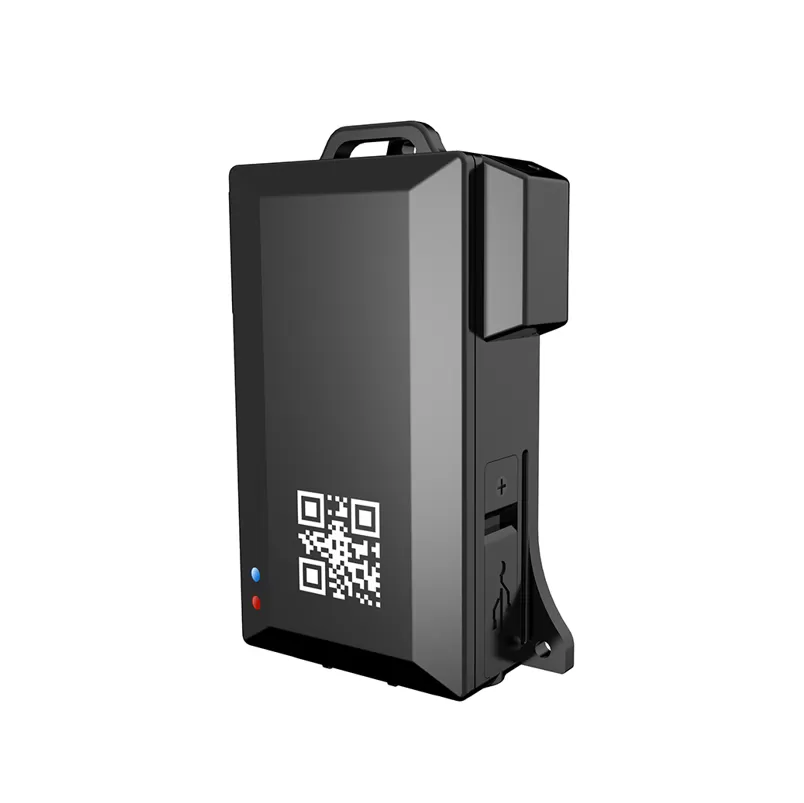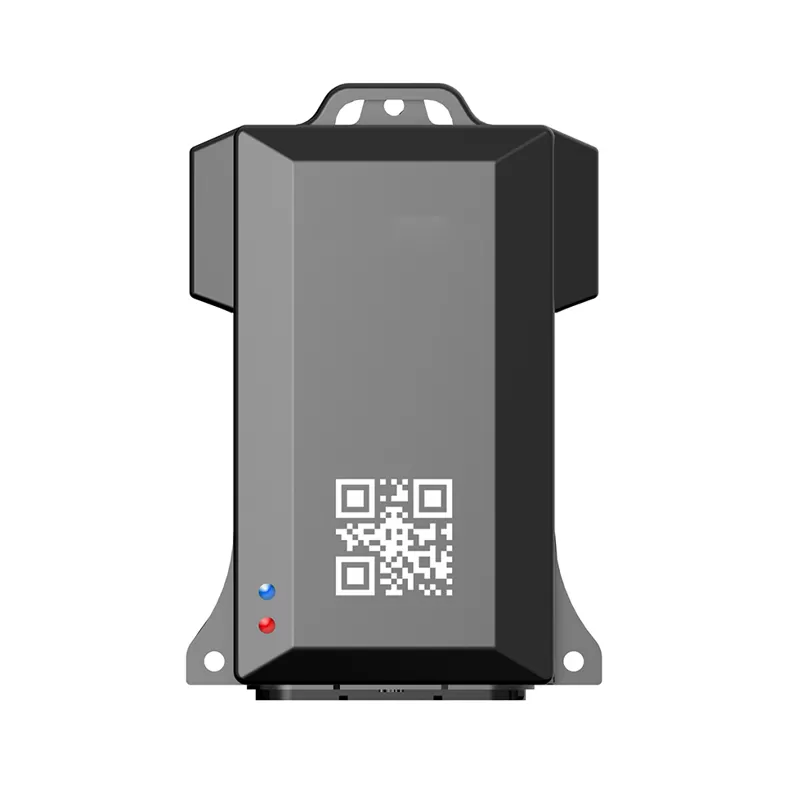In today’s fast-paced world of globalization and e-commerce, ensuring the safe transport of goods has become increasingly critical. Cargo transportation often faces risks such as theft, loss, and tampering. Thus, ensuring the safety of goods from dispatch to delivery has become a major challenge in the logistics industry. Addressing this issue, the GPS-E-Lock technology has emerged as a key solution. HBOIOT will detail the concept, working principle, application scenarios, and various advantages of GPS-E-Lock.
Concept of GPS-E-Lock
GPS-E-Lock is an intelligent device that combines Global Positioning System (GPS) technology with an electronic lock (E-Lock). It not only provides physical locking of goods but also allows real-time monitoring of the cargo’s location and status through GPS technology. This dual-layer security mechanism makes GPS-E-Lock an effective tool for ensuring cargo safety in the logistics and transportation industry.

Working Principle of GPS-E-Lock
GPS-E-Lock mainly consists of two components: an electronic lock and a GPS module.
- Electronic Lock: The electronic lock uses advanced encryption technology to ensure that only authorized personnel can unlock it. It can record the time and location of each locking and unlocking event, preventing unauthorized access.
- GPS Module: The GPS module can track the cargo’s location in real-time and transmit the data to a central monitoring system. By utilizing satellite positioning, GPS-E-Lock provides precise geographic information and can send alerts if the cargo deviates from the designated route or enters high-risk areas.
Once the cargo is loaded and the electronic lock is secured, the GPS-E-Lock starts operating. It continuously monitors the cargo’s status and location, sending the information to a cloud server. Logistics managers can view the real-time transportation status through a dedicated platform. If any anomalies are detected, such as forced unlocking or deviation from the predetermined route, the system will immediately send alerts, enabling timely intervention.
Application Scenarios of GPS-E-Lock
- International Logistics: In cross-border transportation, goods pass through multiple countries and regions with complex and unpredictable factors. GPS-E-Lock ensures the protection of cargo throughout the entire journey, preventing theft and tampering.
- Transport of Hazardous Materials: For hazardous materials like chemicals and radioactive substances, GPS-E-Lock not only ensures safe transportation but also provides a rapid response mechanism in case of emergencies.
- High-Value Cargo: For high-value goods such as electronics and luxury items, using GPS-E-Lock prevents theft and damage, ensuring safe delivery.
- Pharmaceutical Cold Chain: In pharmaceutical cold chain logistics, medicines must be transported under specific temperature conditions. GPS-E-Lock can integrate temperature sensors to monitor the environment in real-time, ensuring the efficacy and safety of the pharmaceuticals.
Advantages of GPS-E-Lock
- Real-Time Monitoring: GPS-E-Lock offers 24/7 real-time monitoring, ensuring that cargo is always under control.
- Security and Reliability: Utilizing advanced encryption technology prevents unauthorized unlocking and data tampering.
- Anomaly Alerts: The system can promptly send alerts when anomalies are detected, allowing for quick response.
- Data Recording: It records detailed transportation tracks and locking/unlocking events, facilitating post-incident tracking and auditing.
- Increased Efficiency: Automated monitoring and management reduce the need for human intervention, increasing transportation efficiency.
As an innovative cargo security solution, GPS-E-Lock significantly enhances the safety and reliability of logistics transportation. In today’s increasingly complex global supply chains, GPS-E-Lock not only provides robust protection for cargo but also brings new conveniences to logistics management. With continuous technological advancements, GPS-E-Lock will find applications in more fields, further driving the intelligence and modernization of the logistics industry.

